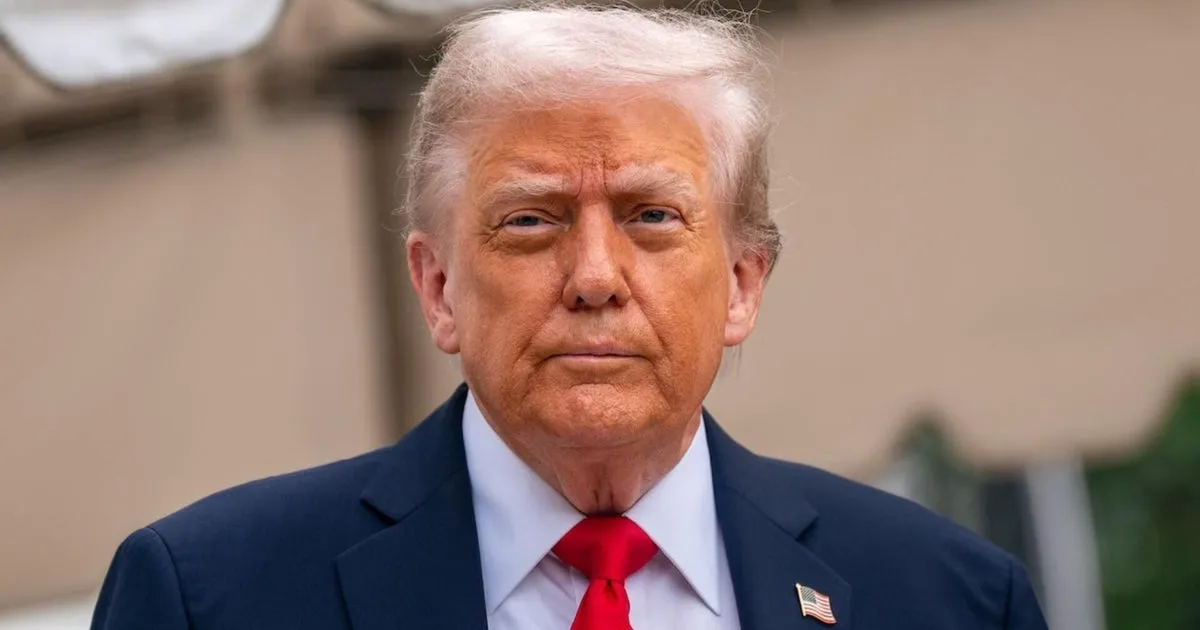
The Trump administration is set to introduce a significant increase in costs associated with the H-1B visa application process, proposing an additional fee of $100,000. This fee aims to target a program that has been instrumental in attracting highly skilled workers from around the globe to the United States. A White House official confirmed this development to CBS News, indicating that the change will affect numerous employers, particularly tech giants such as Amazon, IBM, Microsoft, and Google, all of whom have utilized the program to hire foreign talent.
Currently, the fees for obtaining an H-1B visa can range from approximately $1,700 to $4,500, depending on whether the visa is expedited. These fees are generally considered a business expense for employers, making the prospect of an additional $100,000 fee a considerable financial burden. If signed into law, this new fee could potentially restrict the entry of H-1B workers into the U.S. unless the hefty payment is made, as reported by Bloomberg News.
This proposed fee comes amidst ongoing debates about the H-1B visa program. Critics argue that the program enables companies to hire foreign workers at lower salaries than their American counterparts, thereby undermining local job markets. Data from the Department of Labor indicates that tech companies have been among the primary beneficiaries of the H-1B visa program, with Amazon being the leading recipient of H-1B visas in 2024.
Last year, the most sought-after positions for H-1B visas included roles such as software developers. To qualify for an H-1B visa, applicants must possess at least a bachelor’s degree in their field and must be offered a temporary job by a U.S. employer. This requirement underscores the program's focus on bringing in skilled professionals to fill critical roles within the American workforce.
In addition to the fee increase, President Trump plans to instruct the Labor Secretary to initiate a new rule-making process aimed at updating wage levels associated with the H-1B program. Currently, U.S. companies are required to pay either the prevailing wage or the actual wage of similarly qualified workers, whichever is higher, according to the U.S. Department of Labor. It is important to note that the H-1B program has a cap of 65,000 new visas each year, with an additional 20,000 visas available for employees holding a master’s degree or higher, as stated by the U.S. Citizenship and Immigration Services.
As the situation evolves, the implications of this proposed fee and potential changes to the H-1B visa program will be closely monitored by employers and foreign workers alike, highlighting the ongoing intersection of immigration policy and the U.S. labor market.